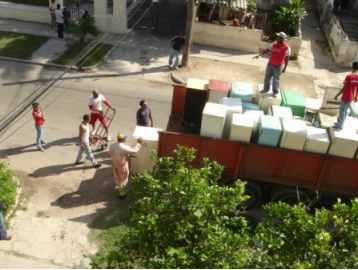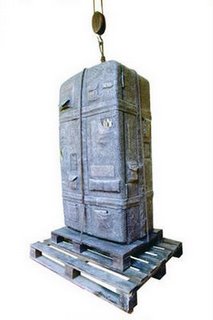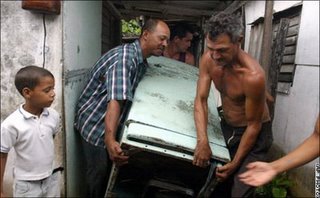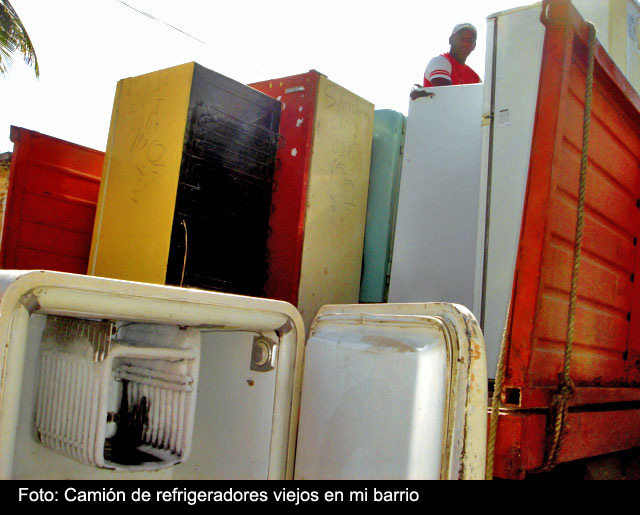
I have discovered that the trembling of the shepherds is greater than that of the sheep.
Preludes
Claudia Cadelo, Havana, 25 February 2011 — There are two Cubas, one in which nothing ever happens, and another in revolt, boiling over, which never stops sending me signals of change. My life moves from one to the other and I can never be sure which of the two is real. In any case, the dome over our heads is shaking. And to know it, you don’t need any proof other than the fear that permeates Cuban Television, the Nation Television News, the streets full of State Security agents, the strange blackout in the Chaplin movie theater — site of the Young Filmmakers Exhibition — on February 23, the first anniversary of the hunger strike death of Orlando Zapata Tamayo, the numerous arrests of short duration, the absolute paranoia of those trying to hang on to the ownership of the island where I was born.
They look with bewildered eyes on the Middle East, the teetering — once again — of the world’s dictators, and here the fright of those on high reaches even us. I watch the TV in horror as they don’t condemn the assassination of civilians, accuse the protesters of being “young people manipulated by the west,” justify the murders committed by the army, and end by supporting the world’s dictatorships in their killings to maintain control.
You don’t have to be overly suspicious to catch the rhythm of fear: they have called together young people from the Communist Youth League and read them the riot act, and at night the vans of State Security troll the streets of Vedado and ask to see the ID of every suspicious boy, which turns out to be every boy, because for the elderly who wield control in Cuba anyone under thirty is considered dangerous.
I always thought fear was our sword of Damocles and that the government looked upon us like trembling and defenseless lambs. I have discovered that the trembling of the shepherds is greater than that of the sheep. That in the Central Committee the paranoia and fear have become State policy. Although they try to appear comfortable in the chairs of totalitarianism, they know the wood is rotten and is going to disappear. The Dinosaurs are going to disappear.





